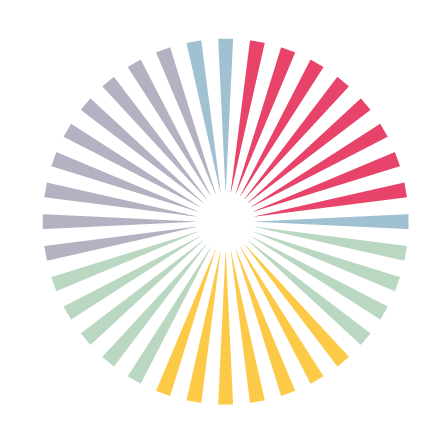Life Unscripted: Navigating the Tangled Paths of Reality and Expectations
Growing up, many of us believed in a kind of script: you go to school, get a job, start a family, and eventually retire to enjoy the fruits of your labour. But at some point, we wake up to the fact that this script might not be all it’s cracked up to be.
Let’s face it, life often feels like a race. From the moment we are born, it seems like there’s this never-ending rush. It’s as if we’re constantly running after something, but never quite catching it. The world wasn’t as simple or as fair as we thought it would be. It turns out, the comfort of retirement is not as comfortable when you realise that all your life you’ve been working just to get by till the end. This harsh reality seems like a cold splash of water on our youthful dreams.
On one hand, deciding to bring a new life into this world can indeed be perceived as an act of selfishness. It’s like we are succumbing to the pressures of society, which often paints a picture of complete fulfilment through parenthood. It whispers to us that to be truly happy, we need to craft a family portrait that aligns with the conventional standards of joy and accomplishment. Moreover, there seems to be this intrinsic desire within us to please our own selves, to fill our lives with the laughter and innocence of children, somewhat projecting our unfulfilled dreams and aspirations onto them, hoping they might accomplish what we couldn’t.
However, when we delve deeper into this idea, we stumble upon a fundamental biological truth that we cannot simply brush aside – the innate instinct to propagate and ensure the continuity of the human race. This instinct isn’t just a societal construct but a fundamental aspect of nature, a mechanism that has driven the survival and evolution of species for millions of years. It’s this intrinsic pull that sometimes nudges us to seek the joy and fulfillment in nurturing and raising a generation that can further our lineage, learn from our experiences, and maybe, just maybe, forge a path that is a tad bit better than ours.
This dichotomy paints a complex, yet fascinating picture of human nature and society. It’s as if we’re at a crossroads, constantly negotiating between our personal desires and the age-old biological drive that has sustained human life on Earth. It’s a conversation that perhaps doesn’t have a clear right or wrong, but is a testament to the intricate, multi-faceted nature of human existence.
Talking about cycles, isn’t it strange how easily we forget things? Like, one moment we are deeply hurt or upset, and then time passes, and it’s as if those feelings dull and fade away. The world, in all its chaos and beauty, just moves on, as if urging us to forget and keep marching forward. It makes you wonder if our minds are wired to just accept things and move on, to keep producing, keep existing.
Religion too, while offering comfort and guidance, seems to embed us deeper into this cycle. Many teachings encourage us to be content with our lot, to aspire for a peaceful hereafter instead of questioning or breaking free from the existing patterns of society. These teachings, while grounding, sometimes also bind us to a path that not everyone might feel connected to, kind of feeding us back into the cycle of life as it has always been known. But amidst this cycle, there lies a hint of rebellion, a philosophical question that nudges at us – “What if there’s more to life?” What if we decide to break free from the chains of societal expectations and carve out our own path? A path that allows us to explore, to truly live, and not just exist.
Imagine a world where we are not just mindlessly following a script, but writing our own stories, filled with adventures, love, and personal growth. A world where we make time to truly enjoy life, where we’re not just caught up in the race, but are also able to stop, breathe, and appreciate the beauty around us.
Delving into such profound aspects of life can sometimes be overwhelming, even mentally exhausting. It’s no surprise then that many seek refuge in the concept of a supreme being, a higher power that guides the course of our lives, offering a sanctuary of wisdom and tranquillity amidst the cacophony of conflicting thoughts and societal expectations.
The existence of a supreme being or a higher power in various forms across different cultures might be seen as a testament to this universal desire for guidance and support. This entity, omnipotent and omniscient, provides a framework that helps individuals navigate the complexities of life with a semblance of order and purpose. By surrendering to the belief in a higher force, one can find solace and meaning, a sense of direction amidst the chaos that often characterizes human existence.
At the end of the day, maybe the true essence of life lies in finding our own balance. In understanding that while life might not be the fairy tale we imagined as kids, it still holds the potential for genuine happiness, for a journey that is uniquely ours, peppered with moments of joy, love, and the kind of wisdom that comes from truly experiencing life, with all its ups and downs.

